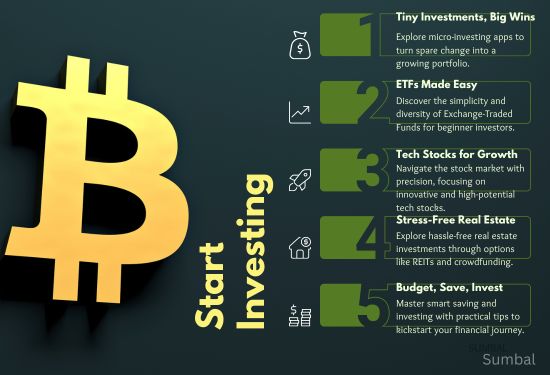Financial innovation plays a critical role in driving economic development by enhancing the efficiency of financial systems, increasing access to capital, and fostering economic growth. As technology continues to evolve, new financial products, services, and platforms are transforming the landscape of economic development. This article explores the current trends in financial innovation and offers predictions for its future impact on economic development.

Current Trends in Financial Innovation
1. Digital Banking and Mobile Payments:
The rise of digital banking and mobile payment systems has revolutionized financial transactions. These innovations have made banking services more accessible, especially in developing regions where traditional banking infrastructure is limited. Mobile banking apps and digital wallets like M-Pesa in Kenya have enabled millions to participate in the financial system, facilitating economic activities and improving livelihoods.
2. Blockchain Technology:
Blockchain technology is one of the most significant financial innovations of recent times. By providing a secure, transparent, and decentralized way to record transactions, blockchain is transforming various sectors, including finance. Cryptocurrencies, smart contracts, and decentralized finance (DeFi) platforms are leveraging blockchain to offer new financial products and services, enhancing financial inclusion and reducing transaction costs.

3. Peer-to-Peer Lending:
Peer-to-peer (P2P) lending platforms connect borrowers directly with lenders, bypassing traditional financial intermediaries. This innovation has democratized access to credit, particularly for small businesses and individuals who may not qualify for conventional loans. Platforms like LendingClub and Prosper in the US have facilitated billions in loans, supporting entrepreneurship and economic development.
Future Predictions for Financial Innovation
1. Expansion of Digital Currencies:
The adoption of digital currencies, including central bank digital currencies (CBDCs), will continue to grow. These digital assets will enhance the efficiency of payment systems, reduce transaction costs, and promote financial inclusion. CBDCs, in particular, will offer a secure and regulated digital payment solution, bridging the gap between traditional banking and digital finance.
2. Personalized Financial Services:
Advancements in AI and big data analytics will enable more personalized financial services. Financial institutions will use data-driven insights to tailor products and services to individual needs, improving customer satisfaction and financial outcomes. Personalized financial solutions will support economic development by helping individuals and businesses make better financial decisions.

3. Sustainable Finance:
The focus on sustainable finance will grow, driven by the need to address climate change and promote environmental sustainability. Financial innovations such as green bonds, ESG (Environmental, Social, and Governance) investing, and sustainable lending practices will play a crucial role in funding projects that support sustainable development goals.
Conclusion
Financial innovation is a powerful driver of economic development, enhancing the efficiency and accessibility of financial services. Current trends such as digital banking, blockchain technology, P2P lending, fintech, and microfinance are transforming the financial landscape. Looking ahead, the expansion of digital currencies, growth of DeFi, enhanced financial inclusion, personalized financial services, and sustainable finance will shape the future of economic development. By embracing these innovations, economies can achieve sustainable growth, improve financial inclusion, and address global challenges.





